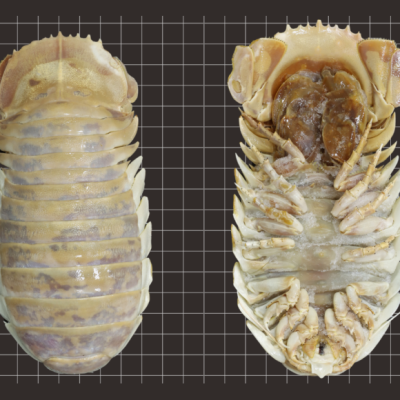New evidence suggests that an extreme cold spell occurred in Southern Europe during the early Pleistocene, leading to the depopulation of the area around 1.1 million years ago as early humans were unable to adapt to the harsh climate. Archaeologists have discovered the oldest known human remains in Europe in what is now Spain, indicating that the first humans arrived in Europe around 1.4 million years ago from Southwest Asia. Previous research had suggested that early humans were able to adapt to changing climates, but researchers from University College London have now identified an unknown period of extreme cold in Europe around 1.1 million years ago that wiped out the local population. The discovery was made through analysis of the chemical composition of microorganisms in sea sediment cores taken off the coast of Portugal.
The samples revealed an abrupt climate change that caused sea surface temperatures off Lisbon to drop to below six degrees Celsius, comparable to some of the most severe events of the most recent ice age. Researchers from the IBS Center for Climate Physics at Pusan National University in South Korea used climate simulations to investigate the impact of the cold spell on early human populations, concluding that the climate around the Mediterranean became too hostile for archaic humans to survive. The lack of stone tools and human remains in the area for the next 200,000 years supports the theory of a prolonged period of depopulation.
Nick Ashton of the British Museum commented that early humans would have struggled to survive under such conditions, lacking the means to create effective clothing or shelter. The findings challenge the idea of a continuous early human presence in Europe and suggest that the ability to adapt to changing climates was more limited than previously thought.
In conclusion, new research has revealed an unknown period of extreme cold in Europe around 1.1 million years ago that led to the depopulation of Southern Europe as early humans were unable to adapt to the harsh climate. The discovery was made through analysis of sea sediment cores taken off the coast of Portugal, and researchers used climate simulations to investigate the impact of the cold spell on early human populations. The findings challenge the idea of a continuous early human presence in Europe and suggest that the ability to adapt to changing climates was more limited than previously thought.










